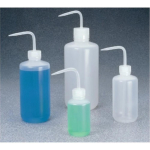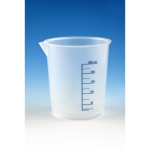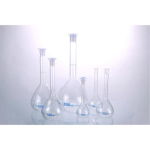Analysis Note
The biological activity is determined in the cytopathic effect inhibition assay using mouse L929 cells with encephalomyocarditis virus. The cytopathic effect of 50% is produced with approximately 1 unit/ml interferon. The units are determined with respect to NIH international standard reference for mouse interferon β.
Application
Interferon ? from mouse has been used: in the stimulation of bone marrow-derived dendritic cells (BMDCs) as a cytokine to stimulate differentiation of podocytesto stimulate splenocytes
Interferon ß from mouse has been used: to induce the activation of cholesterol 25-hydroxylase, by in vitro stimulation of bone marrow-derived macrophages, dendritic cells and CD11c+ lung macrophagesto stimulate splenocytes, in order to study the secretion and regulation of IFN-? to intranasally pre-treat neonatal mice, to study its effects on the protective actions of Lactobacillus rhamnosus GG (LGG)as a standard to treat MEF-Mx2-luc-BKO reporter cell line for IFN-? measurement, in response to human adenovirus-5 (HAdV-C5)
Biochem/physiol Actions
Interferon ? (IFN-?) suppresses a variety of proinflammatory cytokines in lymphocytes including the interleukin 1? (IL-1?) and tumor necrosis factor ? (TNF-?). It also favors the synthesis of antagonists associated with interleukin IL-10 and IL-1 receptor. IFN-? downregulates interferon ? production but enhances transforming growth factor ?1 expression. It has therapeutic potential in treating rheumatoid arthritis and relapsing-remitting multiple sclerosis (MS).
Cytokine with anti-viral, anti-proliferative, immunoregulatory, and proinflammatory activities.
Interferon ? has a role in the activation of human leukocyte antigen (HLA) gene expression. It acts as a messenger during bacterial infections.
In presence of virus infection, IFN ? (interferon ?) is upregulated and plays a crucial role in innate antiviral response. It is also important for anti-inflammatory effects.
General description
IFN ? (interferon ?) is from the type 1 interferon family of cytokines.
Interferon ? (IFN-?) possesses a signal peptide region. It has comparatively more hydrophobic residues and displays 30% homology with IFN-?.
The gene encoding interferon ? (Infb1) is localized on mouse chromosome 4.
Physical form
Solution in 20 mM HEPES, pH 6.0, 0.5 M NaCl, 6% glycerol, and 0.1% bovine serum albumin.









